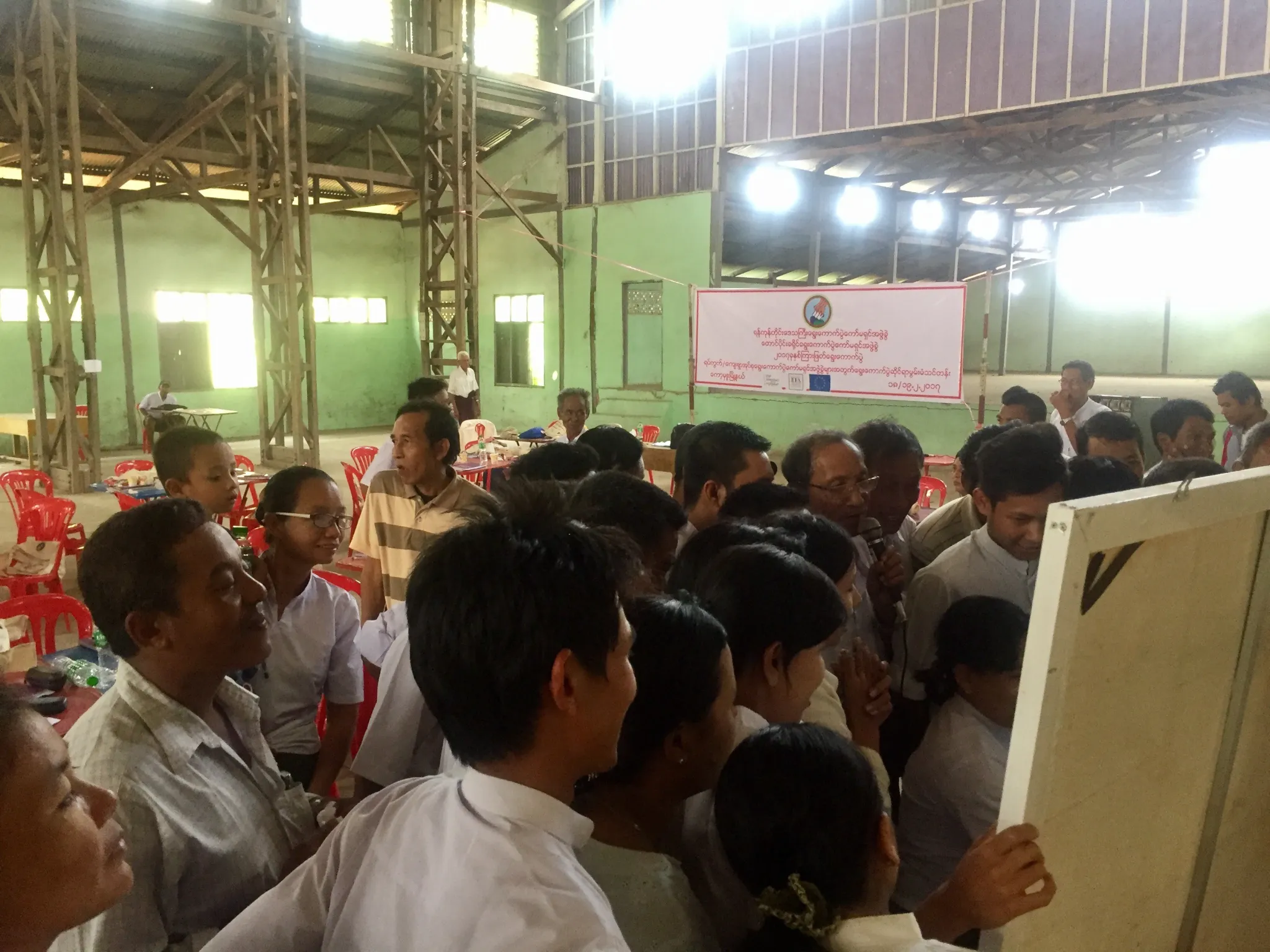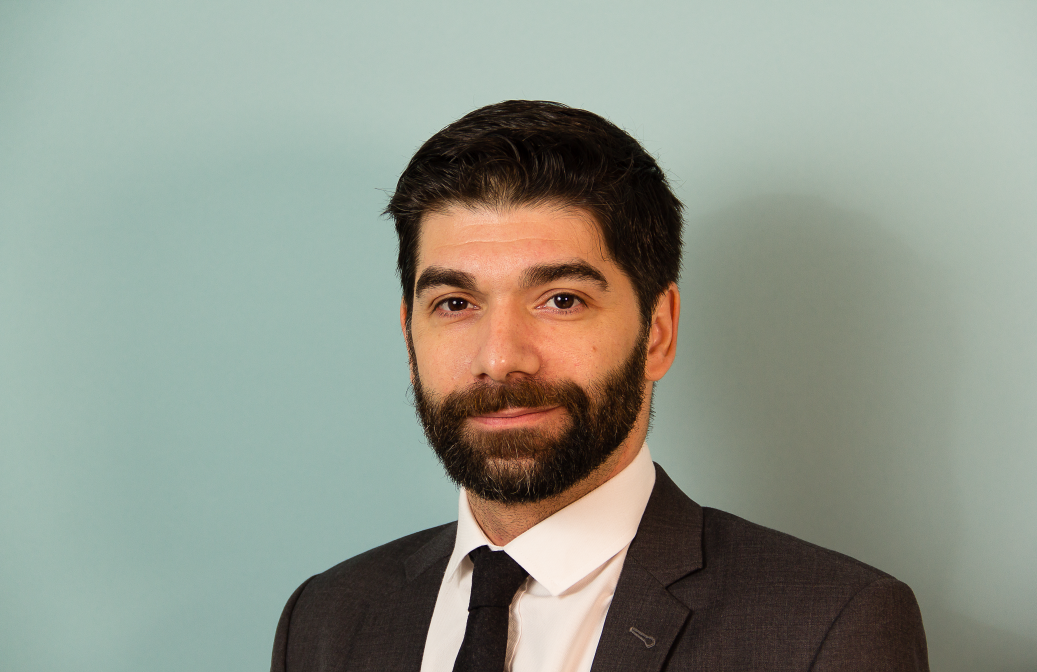Myanmar prepares an ever more capable electoral administration

Myanmar has trained 1,500 election officials ahead of its by-elections on 1 April 2017, when more than 2 million citizens will choose 19 parliamentary representatives among 94 candidates. The by-elections will be held in 22 different townships scattered across eight of Myanmar’s 14 states and regions. These areas include places where general elections could not be held in 2015 due to continued armed insurgency.
While the by-elections are of a lesser magnitude than the 2015 general elections, they represent an opportunity for inclusiveness and to take the political temperature of the country. The by-elections offer the UEC of Myanmar a chance to identify areas for the technical improvement of election management, including a high-priority goal: raising the capacity of all electoral personnel ahead of the 2020 general elections.
To begin to address this, the leadership of the Union Election Commission (UEC) requested International IDEA’s expertise to design, develop the content, organize operations and implement large-scale refresher training operations. This collaboration helped to prepare UEC’s sub-commissions personnel, at all decentralized levels (states and regions, districts, township, wards and village-tracts) where by-elections will be held. U Hla Thein, Chairman of the Union Election Commission, explained to the members of the sub-commissions:
“In 2017, we cannot do less well than in 2015; and we will do the utmost to keep doing always better […] The UEC sub-commissions in areas where the by-elections will be held will be the engine of the election. Your energy and skills will be its fuel. [We must] ensure that you are given the opportunity to consolidate even further your skills and receive the information you need to be able to operate.”
The European Union, sponsor of International IDEA’s electoral assistance in Myanmar under the Support to Electoral Processes and Democracy program, swiftly approved the support to the key training operation, as part of a broader package of electoral assistance.

Photo credit: Greg Kehailia | International IDEA
Reaching everyone, from states to villages
The first step took place in January 2017 in Nay Pyi Taw, with two training of trainers sessions for 86 UEC officials of states/regions, districts and townships, with the scope to cascade their learning outcomes to local electoral sub-commissions.
Modules on election legal framework, campaign finance, electoral risk management and security, advance voting and voter education, were complemented by exercises dedicated to build the training and facilitation skills of participants. “This training is very good for me. I’m over 60 years old and I’ve never experienced such teaching style before”, said U Tin Maw Oo, member of the Election Sub-Commission of Dagon Myothit Township, Yangon region. “Instead of only the trainer lecturing the participants, this training focused on stimulating the participants’ discussion on the topics”.
Three weeks later, the newly trained UEC officials conducted 28 field training sessions, targeting the 727 village and ward sub-commissions. These cascade trainings, supported and monitored by International IDEA, were often conducted in remote areas, where UEC electoral personnel had very rarely, and in some cases never, received the visit of any international electoral assistance provider.
More than 1,500 UEC sub-commissions’ personnel were trained in five weeks.

where elections could not be held in 2015 due to continued armed insurgency.
Photo credit: Greg Kehailia | International IDEA
Pre- and post-tests were systematically administered to assess the effectiveness of the training. Responses show a 75 per cent increase in knowledge. Participants also were invited to evaluate the training anonymously in order to identify their level of satisfaction and improvement opportunities for future training sessions. The statistical analysis of the evaluation forms collected during the first wave of the training shows that 89 per cent of participants deemed the training above their expectations and that an average of 84 per cent of participants rated the training very useful or extremely useful. The curricula of the trainings were jointly developed by the UEC and International IDEA, and the decentralized sessions also integrated modules prepared by the Australian Electoral Commission related to polling operations.
While International IDEA Myanmar is focused on education and preparations for Election Day, the post-election analysis will enable us to identify the key areas where we can continue to assist the Union Election Commission in its institutional strengthening.

faced by persons with disabilities for access to polling stations.
Photo credit: Saket Ambarkhane





